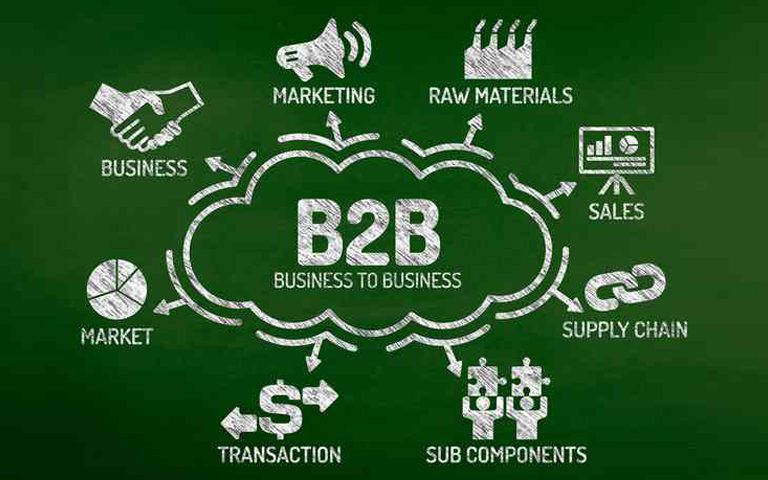
Unveiling the Mechanics of B2B Marketing: A Deep Dive
Understanding the intricacies of B2B marketing can be a daunting task. With its unique dynamics, strategies, and audiences, B2B marketing stands apart from traditional consumer-oriented marketing methods. This article aims to demystify the workings of B2B marketing, breaking down its core components and showcasing its effectiveness for businesses of all sizes.
The Landscape of B2B Marketing
B2B, or Business-to-Business marketing, revolves around products, services, and solutions marketed from one business to another, rather than to individual consumers. As such, its strategies are tailored to meet the needs of decision-makers in various industries. Unlike B2C (Business-to-Consumer) marketing, where emotions and immediate needs often drive purchasing decisions, B2B marketing is fueled by logic, long-term partnerships, and ROI.
This unique environment requires marketers to not only understand their target business’s pain points but also to craft tailor-made solutions that demonstrate tangible value. The stakes are often higher, with transactions reaching astronomical figures, emphasizing the need for trust and reliability.
Building Trust in a Competitive Environment
In a realm where trustworthiness is paramount, B2B marketers lean on content as their primary tool. Producing high-quality, relevant content – be it blog posts, whitepapers, or case studies – serves as a testament to a company’s expertise. Such content pieces not only educate potential clients but also position the company as an industry thought leader.
Moreover, B2B sales cycles are considerably longer than B2C. This duration means that marketers have to nurture leads over time, using strategies like email marketing campaigns, webinars, and industry-specific events to foster and maintain relationships.
The Power of Personalized Outreach
One-size-fits-all is a mantra that rarely finds its place in B2B marketing. Personalization takes center stage. To engage a potential business client effectively, understanding their specific needs and tailoring pitches to address those exact pain points is essential.
Digital tools and CRM systems now allow marketers to segment their audience, automating personalized content delivery to the right people at the right time. This level of precision leads to higher engagement rates, more meaningful conversations, and, ultimately, conversions.
In addition to personalization, leveraging technology for account-based marketing (ABM) strategies allows businesses to target specific high-value accounts with bespoke campaigns, leading to increased ROI and fostering stronger, more profitable relationships.

Measuring Success: Beyond the Obvious
While sales and conversions are the primary indicators of success in many marketing campaigns, B2B marketing demands a broader perspective. KPIs such as customer lifetime value (CLV), cost per lead (CPL), and the quality of leads play a crucial role in understanding campaign effectiveness.
Moreover, feedback loops with sales teams are instrumental. They provide insights into how leads are progressing through the sales funnel and if any bottlenecks or challenges need addressing in the marketing strategy.
Embracing the Future: Digital Transformation in B2B Marketing
With the rapid advancements in technology, B2B marketing is continuously evolving. Tools powered by Artificial Intelligence and Machine Learning are providing in-depth insights, automating tasks, and even assisting in content creation.
While the core principles of B2B marketing remain, the methods to achieve them are changing. Companies that can adapt, leveraging new tools and technologies, will find themselves at the forefront of their industries, paving the way for future success.
